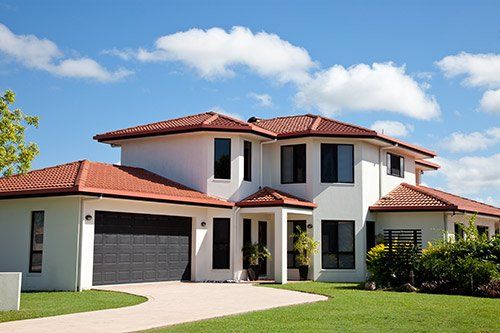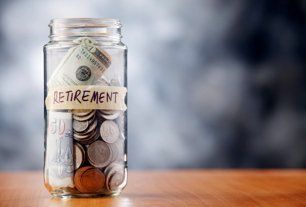Reverse mortgages can be a useful way to leverage your home equity to boost your income during your retirement. Unfortunately, there are several myths that have circulated about reverse mortgages, and as a savvy consumer, it's important to understand the truth behind those myths. Here's a look at four myths you may have heard and an explanation of the truth behind them.
1. You Can't Get a Reverse Mortgage if You Already Have a Mortgage
While it's true that many reverse mortgages are given to homeowners who have already paid off their mortgages, this is not the only option. If you have an existing mortgage, you may be able to get a reverse mortgage—it depends on how much equity you have in your home.
For example, imagine you owe $50,000 on your home but your home is worth $200,000. In this case, you may be able to get a reverse mortgage for the value of the home. You can use the mortgage to pay off the existing loan and then arrange to receive the rest of the payments periodically. Some borrowers even use this type of reverse mortgage to buy a new home, which can be a great option if you're ready to downsize or move to a retirement community.
2. Reverse Mortgages Affect Social Security Payments
When you get a reverse mortgage, you receive payments based on the value of your home as well as several other factors. This increases the amount of spending money you have, but such a change does not impact Social Security payments or Medicare insurance.
On the other hand, if you receive Supplemental Security Income (SSI) or other benefits such as food stamps, your eligibility for those programs may be affected by your reverse mortgage payments. However, if you are getting funds from a reverse mortgage, you may not need those programs. It's important to crunch the numbers to ensure you're making the right decision for your personal finances.
3. Reverse Mortgages Cover All Home-Related Bills
Essentially, when you take out a reverse mortgage, the bank is buying your home from you and paying you in monthly instalments. Of course, based on the terms of the mortgage, you are always allowed to stay in the home until you move out or die—without exception.
That said, the monthly payments are only related to the value of your home. As the homeowner, you are still responsible for other home-related expenses. That includes property taxes, utilities, and upkeep, but of course, you can use your reverse mortgage payments to cover those bills as needed.
4. Reverse Mortgages Are Scams
The belief that many—if not all—reverse mortgage are scams is one of the worst reverse mortgage myths. Unfortunately, some scam artists have pretended to offer reverse mortgages to seniors.
According to the FBI, this has happened all over the country with particular prominence in areas with high senior populations, such as New Jersey and Florida. The scams have taken multiple forms, but they have always been perpetrated by outsiders, and they don't reflect the values of the reverse mortgage industry.
To ensure you are not the victim of a scam, never take out a reverse mortgage on behalf of someone else—especially a stranger you don't know. It's also critical to work with a HUD-approved lender with an A+ rating with the Better Business Bureau. They can guide you through the process, answer your questions, and ensure you get a loan that really works with your finances.
If you're curious about reverse mortgages and want to learn more, contact Retirement Funding Solutions today. We bring over forty years of honesty and experience to the table, and we're happy to listen and answer all your questions.













